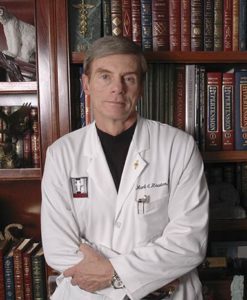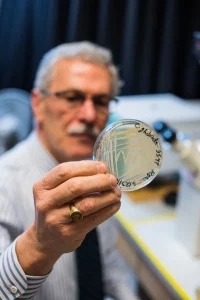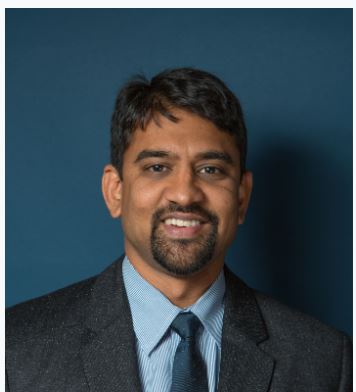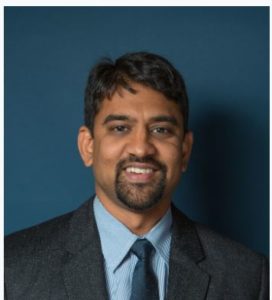
Podcast: Play in new window | Download
Subscribe: Email | | More
This weeks guest is Dr. Colleen Cutcliffe.
Dr. Colleen Cutcliffe is a researcher and a thinker with persistence. Throughout history, these are the human qualities that lead people to develop amazing products and lead projects for the world to benefit from. Her story is one of discovery, passion and caring.
Dr. Cutcliffe holds a Ph.D. in Biochemistry and Molecular Biology from Johns Hopkins University and a B.A. in Biochemistry from Wellesley College. Her scientific background is complemented by her experience in managing both research and operations teams in the biotech sector. Before founding Pendulum Therapeutics, she held senior positions at Pacific Biosciences and Elan Pharmaceuticals, where she was instrumental in developing various technological platforms. She is the co-founder and CEO of Pendulum Therapeutics, a biotechnology company focused on developing innovative solutions to improve gut health through microbiome-based interventions. With over 20 years of experience in the biotechnology industry, Dr. Cutcliffe has become a recognized leader in microbiome science, applying her expertise to bridge the gap between cutting-edge research and practical, consumer-facing health solutions. At Pendulum Therapeutics, Dr. Cutcliffe has led the development of novel probiotic formulations specifically designed to address metabolic diseases like type 2 diabetes. Her work has been pivotal in the growing recognition of the microbiome’s role in human health, pushing forward the concept of targeted probiotics as a potential therapeutic option. Under her leadership, Pendulum Therapeutics has gained recognition for its scientific rigor and innovative approaches to personalized nutrition.
Today, we discuss the story of her discovery and the fact that her work is the beginning of a hopeful wave of change for humans through gut microbiome manipulation. Dr. Cutcliffe helps us understand the basics of the microbiome, what helps it stay balanced and conversely, what upsets it. How does it support our metabolism and health in general. The main thrust of her work comes into the spotlight with Akkermansia mucinophilia, a keystone species for positive health.
Please Enjoy my conversation with Dr. Cutcliffe,
Dr. M






















